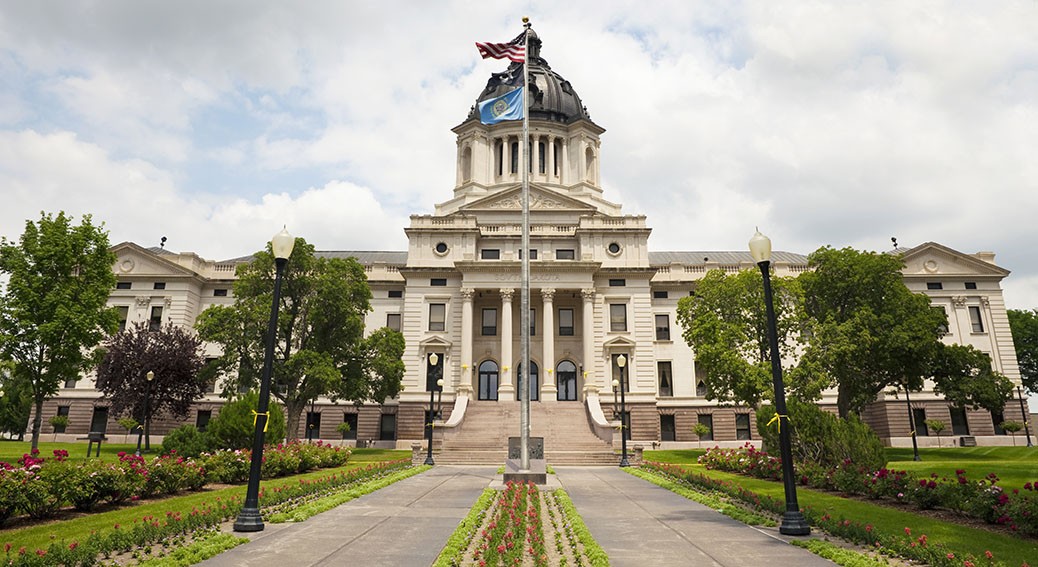The 93rd South Dakota Legislative Session started yesterday with Gov. Daugaard’s annual State of the State address to a joint session of the House and the Senate. Although this is the governor’s last legislative session and year serving as governor due to term limits, Gov. Daugaard made it clear that he will continue to work on a myriad of issues during his last year in office ranging from workforce, economic development, fiscal responsibility, a balanced budget and changes to South Dakota’s Medicaid program.
In his address, the governor reviewed past challenges and the progress South Dakota has made in tackling these challenges. He talked about workforce issues, noting that while progress has been made, e.g. increased high school and college completion rates, there is more to be done.
Gov. Daugaard said he will be introducing legislation to establish an interstate compact to facilitate temporary occupational licensure. While details are limited, the governor authored a guest editorial in the Jan. 9 Wall Street Journal stating the need for a multistate agreement that would change the presumption of occupational licensing from a roadblock to an open door. The compact would allow individuals who have been licensed in any profession or occupation in other participating states to receive, upon request within 30 days, an in-state temporary license. That would allow professionals from compacting states to start working immediately and to pursue a permanent license while already employed. He noted that several governors of states neighboring South Dakota have been receptive to this approach.
The governor also shared his desire to submit a waiver to the Centers of Medicare & Medicaid Services to launch a pilot program in Pennington and Minnehaha Counties that would target 4,500 Medicaid enrollees and impose a work requirement. Details for the waiver (which does not require legislative approval) will be fleshed out over the next few months.
Currently more than 136 bills and resolutions have been introduced. Given the pace of bill filings (compared to prior legislative sessions), it is likely that total bill filings will exceed last year’s 400. Given the state’s tight budget, these bills will likely address policy issues rather than propose new spending or programs.
SDAHO’s advocacy team will be providing frequent updates on all health care related legislation. Check the “Bill Monitor” page on www.sdaho.org for bills we are monitoring and the current bill status.







